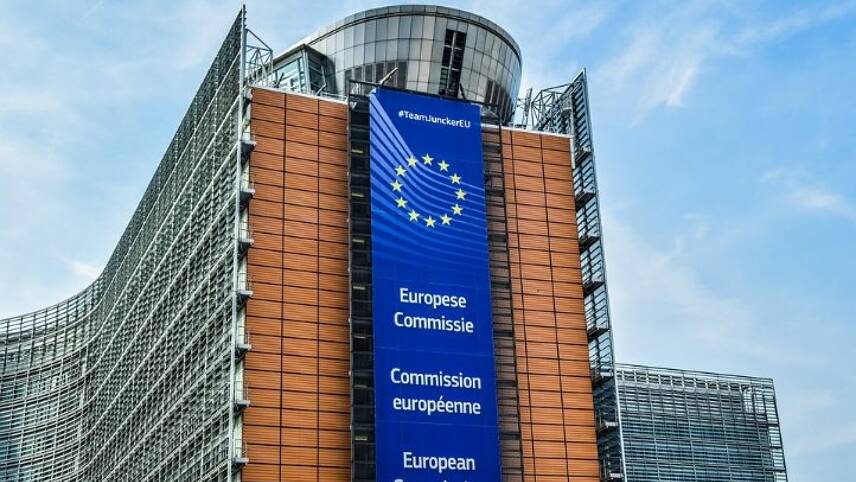Register for free and continue reading
Join our growing army of changemakers and get unlimited access to our premium content

All EU member states have pledged to reduce greenhouse gas emissions by 40%
In a report on UK climate policy, the commission said British targets exceeded EU requirements, but warned that key details were missing from the plan, such as boosting renewable energy and cutting subsidies for fossil fuels.
The commission said the UK “would likely” achieve a target to reduce greenhouse gas emissions by 37% by 2030 (compared with 2005) for non-industrial parts of the economy.
It said further clarity was needed if the UK was to meet a more demanding emissions-reduction target, namely the British contribution to an EU-wide target of cutting emissions by 40% by 2030 against 1990 levels. “It is unclear if existing and planned policy, which are only set out for the transport and buildings sectors, are sufficient to achieve the [emissions reduction] target.”
The commission also noted that the UK had not provided any information on its contribution to EU-wide plans to boost renewable energy and energy efficiency by 2030.
Under EU law, all member states have pledged to meet three headline targets for 2030: reducing greenhouse gas emissions by 40% compared with 1990 levels; getting 32% of energy from renewables and boosting energy efficiency by 32.5%.
Governments are required to submit plans to Brussels about how they will meet these goals. The UK is obliged to follow European law as an EU member state, but also during a possible Brexit transition period that could last until the end of 2022.
The commission has asked the UK to spell out more detail in several areas of the draft plan: it has called for stronger analysis on air pollution and more specific goals on research and innovation. The commission also wants the government to include details on phasing out fossil fuel subsidies.
The government was also praised for “good practice” over the Climate Change Act, which contains legally binding long-term greenhouse gas emissions reduction targets.
The UK is expected to improve its energy and climate plan following the commission’s recommendations. The Department for Business, Energy and Industrial Strategy, which oversees UK climate policy, said: “The UK is the one of the first major economies to introduce legislation for a net zero emissions target and our ambitious clean growth strategy sets out our plans for building on our decarbonisation to date. We will take the commission’s recommendations on our draft version of the National Energy and Climate Plan into careful consideration when developing our final version.”
Last week, the British government pledged to enshrine in law a commitment to reach net zero emissions by 2050, making the UK the first major industrial economy to legislate in this way.
France and Germany are among countries that want the EU to agree a net zero target by 2050. Belgium, Denmark, Luxembourg, the Netherlands, Portugal, Spain and Sweden are also supporting the goal of net zero by 2050 “at the latest”, but some central and eastern European states are opposed.
EU leaders are expected to spar over the issue at a Brussels summit on Thursday and Friday. At the summit, the heads of state and government will sign off on the bloc’s “strategic agenda” for the next five years. Last week, a leaked version of the document was lambasted by green campaigners as “a collection of buzzwords” for the section on tackling the climate crisis.
Campaign group WWF said no EU member state was doing enough to fulfil the Paris climate agreement, where countries pledged to limit global heating to 1.5C above pre-industrial levels, staving off the worst effects of climate breakdown.
Gareth Redmond King, WWF head of climate change, said: “The UK is the first major economy to put a net-zero emissions target by 2050 into law. This is a crucial first step to address the climate emergency, but now we have to put ambition into action. As has been highlighted today by the EU commission the government must now accelerate delivery of the policies and resource needed to slash our emissions.”
He said climate action should be a priority across all departments: “this is essential to enable us to heat our homes and fuel our vehicles with clean energy, to restore nature, and to avert climate breakdown.”
Jennifer Rankin
This article first appeared on the Guardian
edie is part of the Guardian Environment Network


Please login or Register to leave a comment.